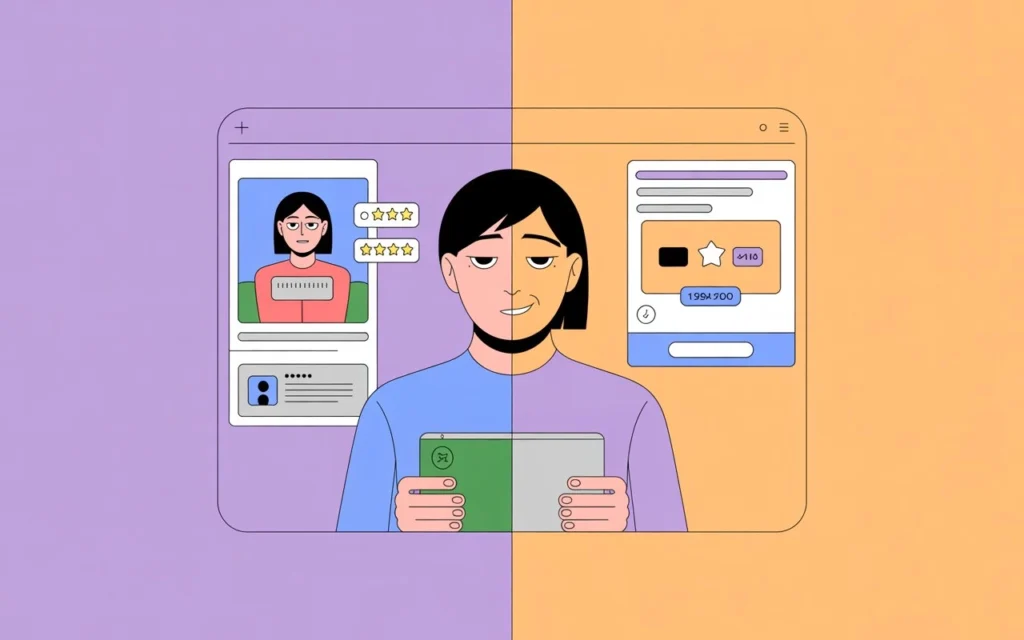From Clicks to Customers: The Psychology Behind Successful Digital Campaigns

Let’s be honest, we’re all scrolling, swiping, and tapping our way through life. But every now and then, something catches our eye. An ad. A headline. A message that feels like it was meant for us.
That moment, that pause, is everything in digital marketing.
Turning clicks into customers isn’t just about flashy ads or clever words. It’s about understanding how people think, and using that to guide them gently from curiosity to conversion.
Let’s break down the psychological principles behind campaigns that don’t just get attention, they get results.
First Impressions Stick
People decide whether to engage with your ad in seconds. That means your first impression better count.
Our brains are wired to respond quickly to visuals and emotion. If something doesn’t feel right, we scroll right past it.
Make your first impression matter:
Use clear, inviting images
Keep your message simple and strong
Add human faces for connection
If it doesn’t feel good, it doesn’t convert.
People Follow People
We’re more likely to trust something if we see others trusting it too. It’s called social proof, and it’s everywhere from restaurant reviews to viral Reels.
How to tap into this:
Show reviews from real customers
Mention how many people love your product
Share stories and results from users
The more relatable and authentic, the more believable.
FOMO Makes Us Act
“Only 3 left.”
“Offer ends in 2 hours.”
These aren’t just sales tactics. They speak directly to our fear of missing out.
Scarcity and urgency create momentum, and when used ethically, they push people to take action.
Ways to create urgency
Use countdowns for offers
Highlight limited stock or availability
Add urgency in headlines or CTAs
FOMO turns “maybe later” into “I need this now.”
A Clear Path Wins
People don’t like guessing. They want to be told what to do, clearly and confidently.
If your call to action is buried or confusing, you lose them.
What works best:
Buttons with action words (“Download Now,” “Try Free,” “Join Today”)
One clear CTA per page or ad
Visual contrast that draws attention
If it’s easy to act, people will.
Familiar Feels Safe
When your ads, emails, and website all feel like they belong to the same brand, you build trust even with strangers.
Inconsistency confuses people. Consistency makes them feel like they’re in the right place.
Keep things consistent:
Use the same tone, colors, and logo across platforms
Match your ad message to your landing page
Deliver on what your ad promises
Consistency builds confidence and confident people convert.
Real Stories Sell
Behind every click is a human. And humans connect with stories, not features.
A great product is good. But a great story? That’s unforgettable.
Story ideas to use:
Share real customer experiences
Talk about the “why” behind your product or service
Create short video stories or testimonials
Stories create emotion. Emotion creates decisions.
Final Thoughts
At its core, marketing isn’t about algorithms or ad spend. It’s about people.
When you understand what makes people think what catches their eye, what earns their trust, what moves them your campaigns stop feeling like ads… and start feeling like answers.
From clicks to customers, it’s all about psychology + empathy + strategy.
